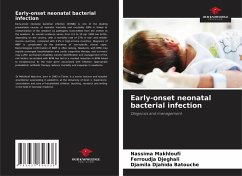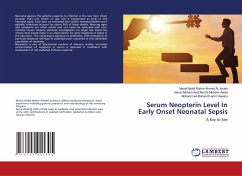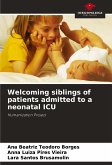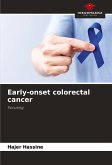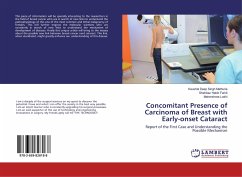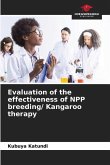Early-onset neonatal bacterial infection (EONBI) is one of the leading preventable causes of neonatal mortality and morbidity. EBNI is linked to contamination of the newborn by pathogens transmitted from the mother to the newborn. Its overall incidence varies from 0.2 to 10 per 1000 live births, depending on the country, with a mortality rate of 27% in low- and middle-income countries, compared with 3.5% in high-income countries. Diagnosis of INBP is complicated by the presence of non-specific clinical signs. Bacteriological confirmation of INBP is often lacking. Newborns with BPNI may require prolonged hospitalization and costly supportive therapy, and survivors may suffer permanent disability. Careful identification and management of the risk factors associated with BPNI has led to a marked reduction in BPNI linked to streptococcus B, the main germ associated with infection. Appropriate probabilistic antibiotic therapy reduces mortality and sequelae in newborns.
Bitte wählen Sie Ihr Anliegen aus.
Rechnungen
Retourenschein anfordern
Bestellstatus
Storno

